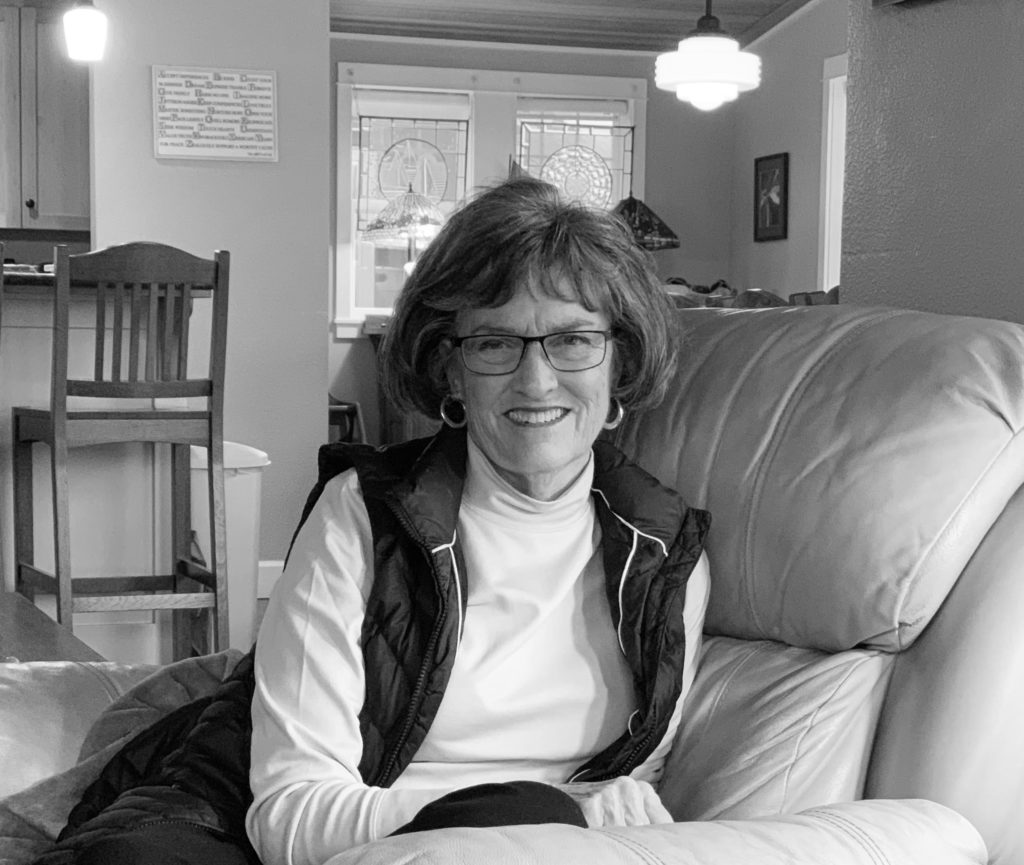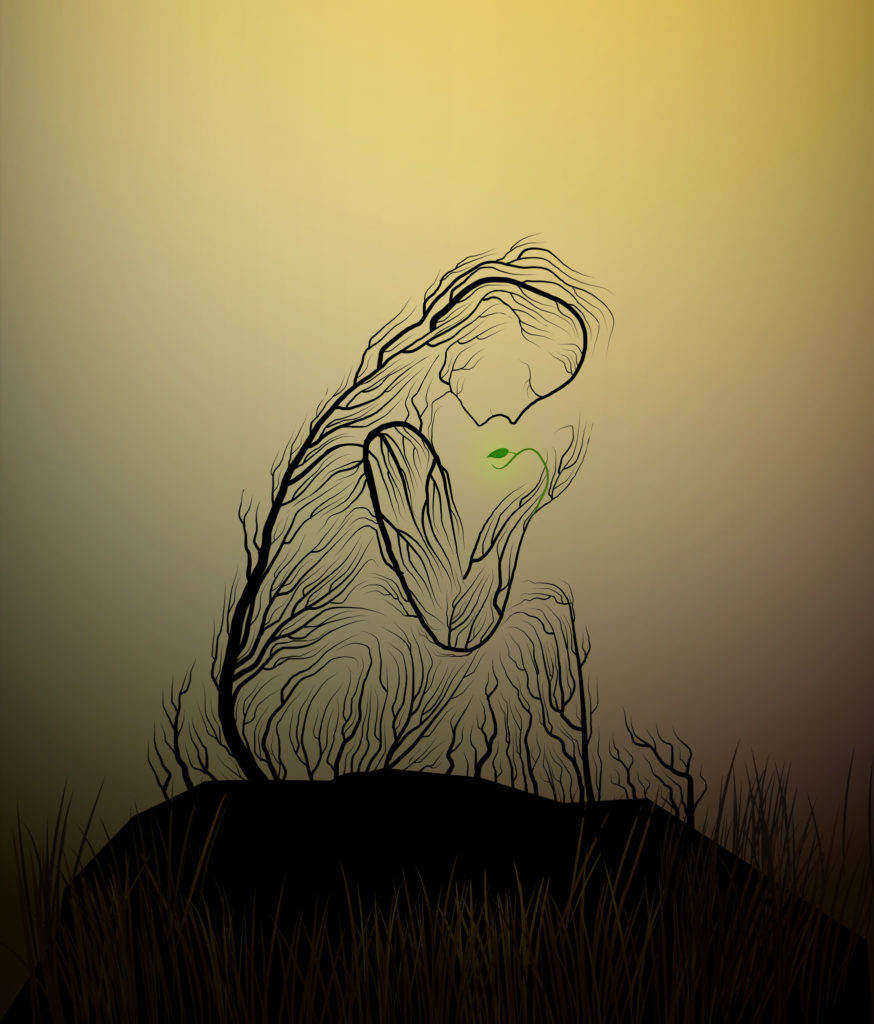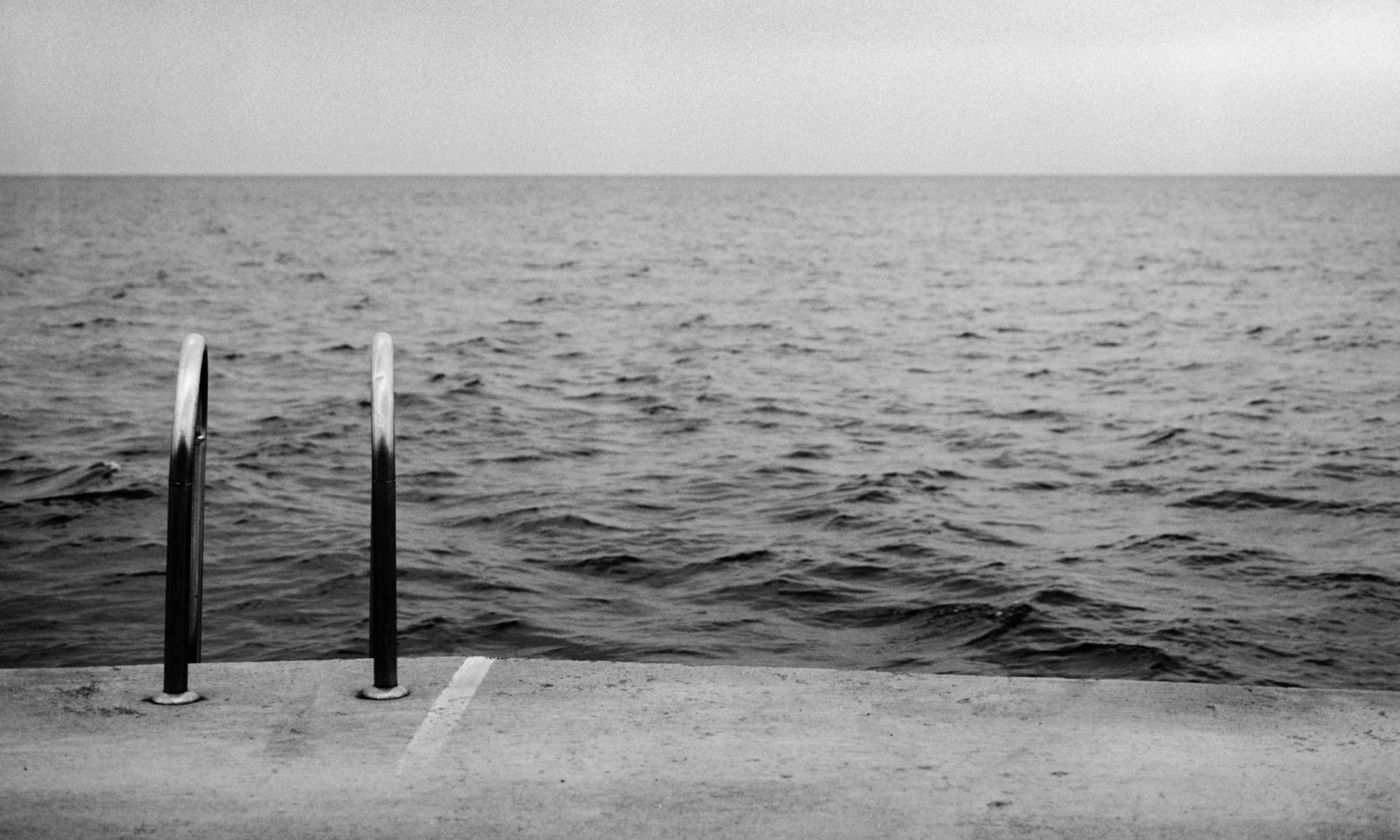This holiday season I had the opportunity to spend two days with my Aunt Patty. Over the years, I have enjoyed wide ranging conversations with Patty in regard to religion, spirituality, and the philosophy of the Catholic Church.
Saturday morning we chatted for about an hour together. On Sunday, I attended mass with her – my first time. We also recorded our conversation while driving to and from church and in the driveway of our vacation rental. I wish I could have had more time with her. I find her views both substantive and fascinating. Close to 35 years she has been a board certified chaplain (BCC).

Patty noted, “In health care it is well recognized: the physical, mental and spiritual… During physical crisis there are a lot of things, a lot of questions, the spiritual journey within them. The chaplain is there to facilitate whatever the person might want to talk about or prayer that the patient might want.”
As we conversed, other thoughts crystallized. I felt grateful that we have people such as she to bring hope and peace to both the dying (and living) during the final weeks and days of life. She discussed “The golden thread” that she observed early in her career. This underscores using of “recollection of life” as a modality to build rapport for a chaplain. The power of listening.

In regard to the thread, Patty said, “Any light in the darkness is usually God. It was like the thread of the Holy Spirit working within this person’s life. That led them to the place in their life that they are now facing eternity – with whatever they had lived and whatever questions that were left. Where they needed to bring resolution so that they could die in peace. To die in peace means that your heart is right with God.”
“One of the things I appreciate in the teachings of the Catholic Church… God only judges us with what we do with the light of Christ that we are given. God loved us first. He wakes up His life within us… Anyone, who’s heart is oriented to Him, at whatever level of knowledge that is – God is there. He’s always there. When a person starts engaging with that, there is a process of growth and maturity in Him that takes place throughout our life.” (@ 21:00 min.)
I enjoyed our visit to St. Augustine Church in Lincoln City. Practically, one of us needed to shuttle Aunt Patty to Mass. But, I wanted to explore and recognize that which inspires her. We sat, knelled, read, prayed and sang. She explained each of the proceedings. I would have been lost without her. It all went by rather quickly. Patty said, “Wherever you are – you begin. Frequently, it’s the experience of the heart that helps a person to say – there might be something different here.” Hope. Repent. Joy. Peace. These “four themes of each Sunday leading up to Christmas Day” were hung on the wall with banners.
“The Eucharistic celebration is “one single act of worship” but consists of different elements, which always include “the proclamation of the Word of God; thanksgiving to God the Father for all his benefits, above all the gift of his Son; the consecration of bread and wine, which signifies also our own transformation into the body of Christ; and participation in the liturgical banquet by receiving the Lord’s body and blood” – Wikipedia
I love how naturally the concepts flow during our conversation. It ignited my curiosity to explore other churches and their traditions. Where might I find a natural fit if I was compelled to attend service each week? More to come…
It might be slightly natural to find ourselves askew when scrutinizing those who find service in professions of a higher calling. How well do we understand the constructs and framework of these disciplines? I knew nothing of the principles by which the chaplain operates. I have only scratched the surface in my brief moments with Patty this weekend.
On and off again, I dabble in “The Perennial Philosophy”, “a comparative study of mysticism by the British writer and novelist Aldous Huxley. Its title derives from the theological tradition of perennial philosophy.” It’s one of my favorite books. It’s very much like an anthology interlinked with commentary by Huxley.
I realized over the weekend I’ve never really put Huxley’s book into context for myself. Two days earlier, a few paragraphs from “Mortification, Non-Attachment, Right Livelihood” had resonated with me in a profound way – I thought it would be useful to run some concepts over with my Aunt. Our conversation affirmed what I had been reading: I should discern between a clever intellectualism of God vs. a life filled with service and presence of God. Talk the talk vs. walk the walk.
Did you know? The Catholic Church, also known as the Roman Catholic Church, is the largest Christian church, with approximately 1.3 billion baptised Catholics worldwide as of 2017. As the world’s oldest and largest continuously functioning international institution, it has played a prominent role in the history and development of Western civilisation. The church is headed by the Bishop of Rome, known as the pope.
